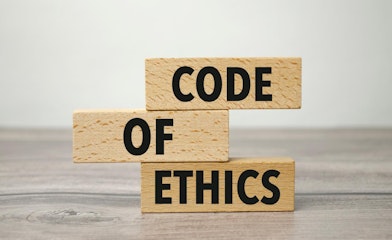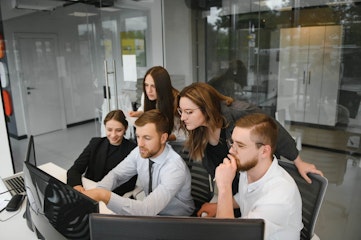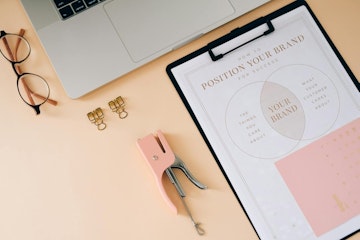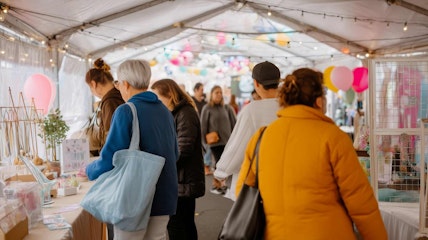Trade shows can be unpredictable. A booth that looks strong on paper can fall flat if you forget even a single practical item. The pressure of setting up in an unfamiliar space, often under tight deadlines, only magnifies the risks. And yet, with the right preparation, you can avoid scrambling on the day and instead focus on engaging visitors.
So, let’s take a look at some logistics tips for trade show prep that experienced exhibitors rarely overlook.
Why Preparation Matters More Than You Think
Not only is a trade show booth a reflection of your brand, but it also shapes first impressions in ways that can’t easily be undone. Miss the mark, and you’ve wasted money on travel, staff time, and floor space. Equip yourself properly, and you create a setup that looks professional, functions smoothly, and attracts people who might otherwise walk past.
There’s another point worth stressing: most venues won’t provide backup for every oversight. Forget an extension cable, and you might not find one at the venue shop. Run out of business cards, and you can’t fix that in the moment. So the following essentials cover both the obvious and the less glamorous details that save you when things don’t go to plan.
What Counts As Essential For A Booth?
The word essential can be slippery. For some, it’s about eye-catching visuals; for others, it’s the survival kit that gets you through long hours on the floor. Both perspectives matter. Think of essentials as the blend of three categories: presentation, operations, and contingencies. Presentation brings people in. Operations keep the booth functional. Contingencies cover all the what-ifs.
With that in mind, here are the ten things you should always bring.
1. Professional Signage That Stands Out
You can’t rely on location alone to pull traffic. Not only is strong signage a branding tool, but it also guides the eyes of people who might otherwise overlook your space. Consider investing in signage solutions that draw attention - LED lightboxes, bold banners, or modular backdrops. They don’t just decorate; they anchor your presence in a crowded hall.
2. A Stock Of Printed Materials
Yes, the world leans digital. Yet at trade shows, brochures, flyers, and one-pagers still carry weight. Visitors often grab something tangible to read later when the noise of the floor has died down. Think of these materials as conversation starters that extend beyond the booth.
3. Business Cards - Still Relevant
Maybe you think LinkedIn swaps are enough. But not everyone wants to pull out their phone in the middle of a conversation. Business cards remain quick, low-friction, and universally accepted. Bring more than you expect to need; running out leaves a poor impression.
4. Technology To Support Presentations
Screens, tablets, or interactive displays can demonstrate your product in ways words can’t. But don’t assume the venue will supply everything you need. Pack your own adaptors, cables, and spare batteries. It’s easy to underestimate how much time gets lost when you can’t connect your laptop to the provided monitor.
5. Branded Merchandise People Actually Use
Freebies work when they’re practical. Pens, tote bags, water bottles - items that last beyond the day keep your name visible. Poor-quality giveaways, on the other hand, create the opposite effect. If the item breaks quickly, the brand associated with it doesn’t fare well either.
6. A Reliable Toolkit
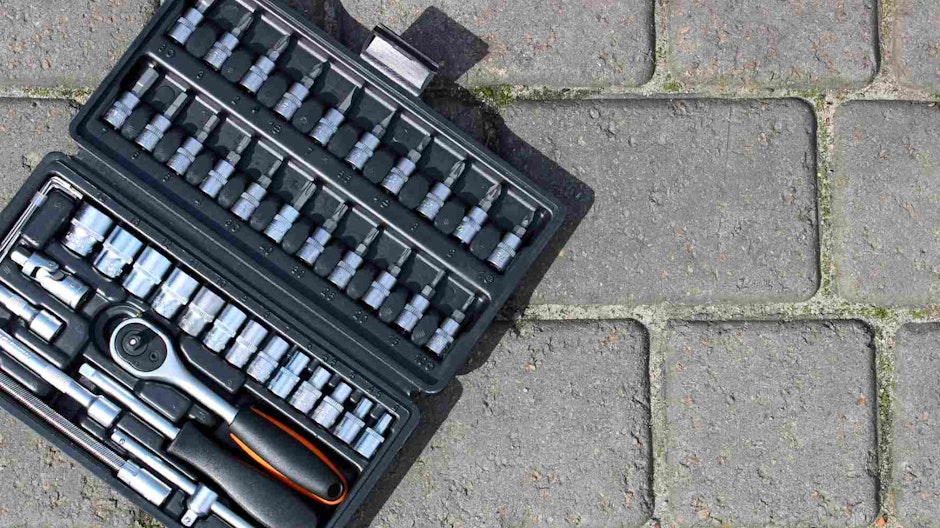
Stands collapse, screws loosen, banners sag. A small kit with a screwdriver set, duct tape, scissors, and cable ties can solve problems in minutes. Without it, you’re left waiting for venue staff - who may have bigger priorities than fixing your booth.
7. Comfortable But Professional Furniture
You’ll be standing most of the time, but you still need seating for conversations. A couple of stools or chairs, chosen to match the booth design, encourage longer interactions. It’s not only about comfort; it signals that you’re ready to give prospects time and attention.
8. A Thought-Out Logistics Plan
This might not sound as tangible as a box of pens, but it’s arguably more important. Knowing when deliveries arrive, where storage is, and how to manage setup saves stress on the day. The more seamless your behind-the-scenes process, the more energy you can devote to meeting attendees.
9. Backups Of Critical Supplies
Printers jam, pens run out, chargers fail. Not only is it frustrating when this happens, but it also disrupts conversations with potential clients. Bring duplicates of anything small enough to fit in a box: extension cords, USB sticks, spare stationery, even a backup power bank.
10. Personal Comfort Items For The Team
Exhibiting is physically demanding. Hours on your feet, under bright lights, dealing with constant noise. Small items - bottled water, mints, hand sanitiser, painkillers - make a noticeable difference. A team that feels looked after has the energy to engage visitors well.
A Quick Checklist
To make it practical, here’s a condensed version you can tick off before leaving:
Signage and displays
Printed brochures and business cards
Tech gear (cables, adaptors, chargers)
Branded merchandise
Toolkit for quick fixes
Furniture for seating
Logistics schedule and notes
Backups of key supplies
Team comfort items
Closing Thoughts
A trade show booth is never just about what you display - it’s about how prepared you are to handle both the expected and the unexpected. Not only does a well-packed kit save you from last-minute panic, but it also projects professionalism to every visitor who stops by. Preparation, in this context, isn’t glamorous. But it’s the difference between standing out and blending into the background.

